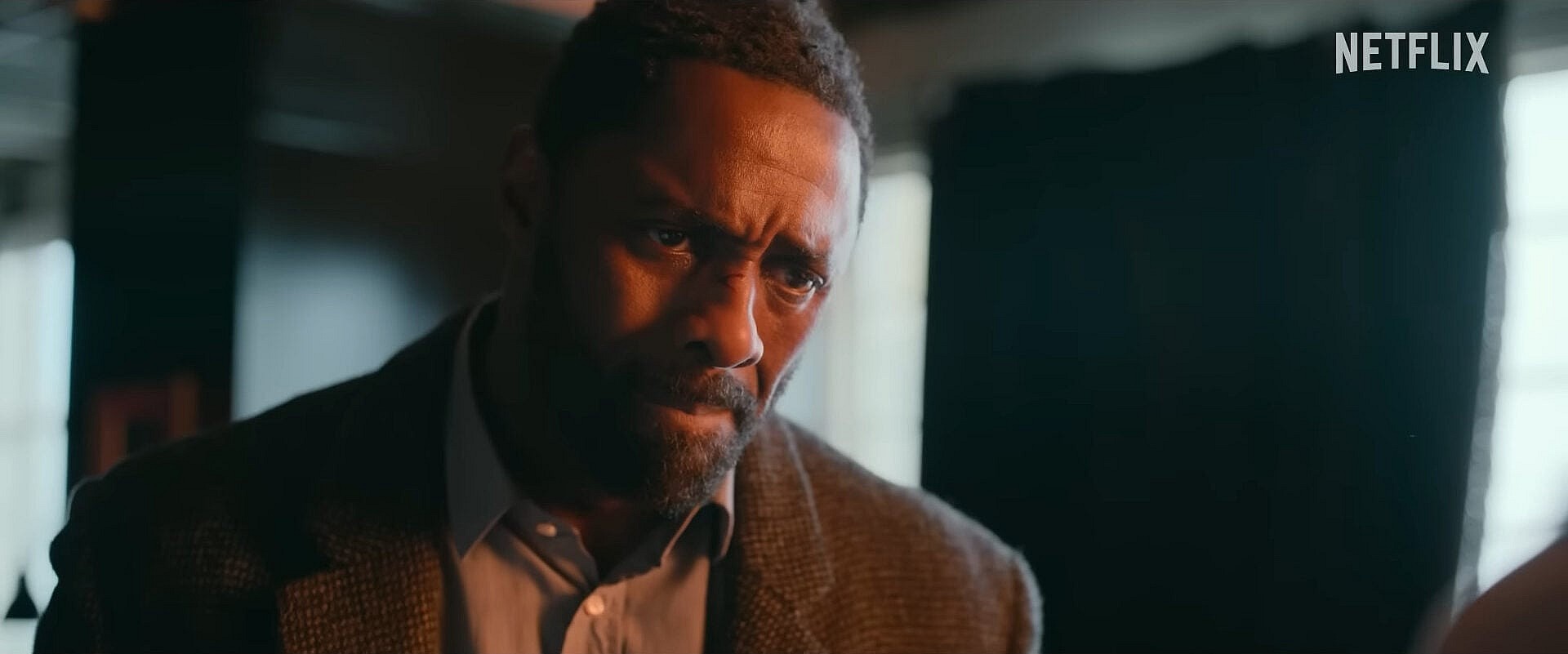Idris Elba Rejects Identity Politics, Reveals He No Longer Refers To Himself As A Specifically Black Actor: “I Don’t Want To Be The First Black, I’m The First Idris”
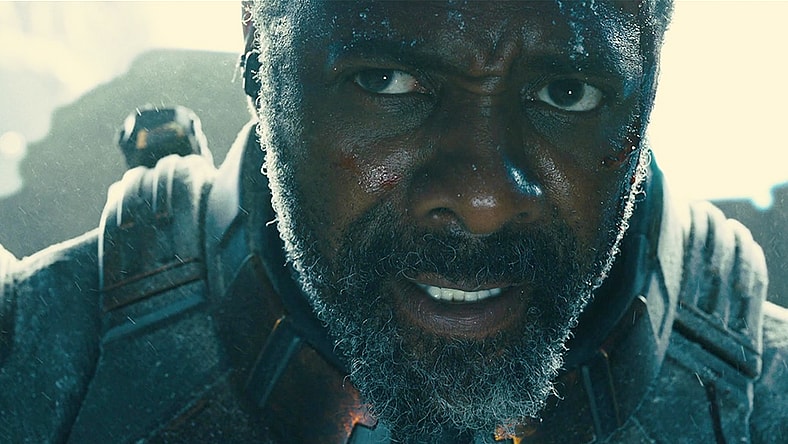
In a rare instance of sanity within an industry completely obsessed with the inherently detrimental concept of identity politics, actor Idris Elba has revealed that he no longer describes himself as a specifically ‘Black actor’ due to the limiting and regressive connotations the term implies.

RELATED: James Bond Producer Barbara Broccoli Addresses Possible Idris Elba Casting As Next 007
The Sonic the Hedgehog 2 star revealed his voluntary change in language during a recent conversation with Esquire UK’S Alex Bilmes.
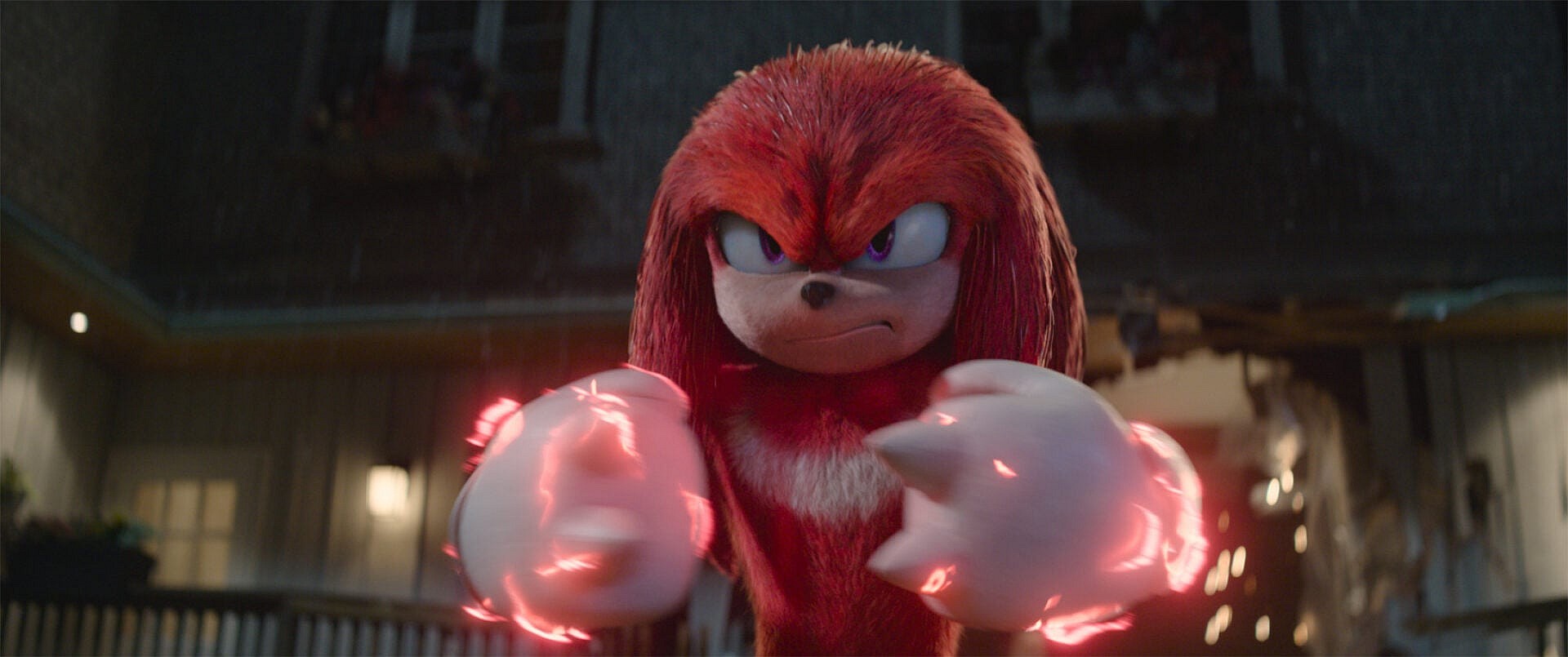
Following discussions on his early childhood and the upcoming film sequel to his popular detective series Luther: The Fallen Sun, Elba and Bilmes eventually broached the general topic of race.
Ostensibly asked by Bilmes about his experiences with racism – the published Esquire UK piece is formatted in such a way that the reporters’ questions are omitted in favor of spotlighting Elba’s responses – the British native replied, “I’m always curious why this is fascinating to people.”
“It’s a question I get asked a lot,” said Elba. “I don’t go to my Black friends, in conversation, and ask them to tell me about racism. Have I ever faced racism? Yeah.”
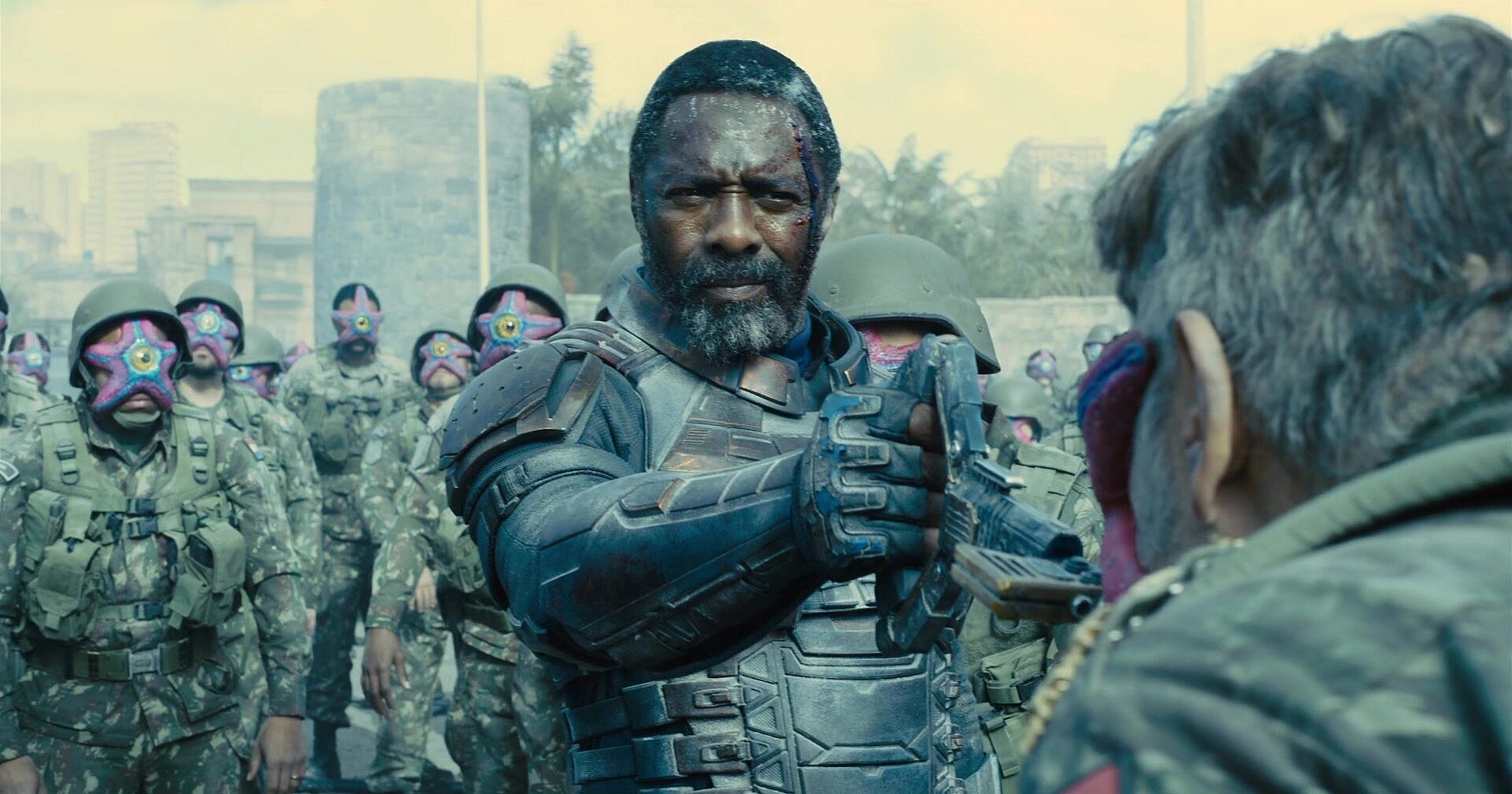
Elaborating on his seeming annoyance at the premise of Bilmes’ unknown question, the actor asserted, “If we spent half the time not talking about the differences but the similarities between us, the entire planet would have a shift in the way we deal with each other.”
“As humans, we are obsessed with race,” he lamented. “And that obsession can really hinder people’s aspirations, hinder people’s growth. Racism should be a topic for discussion, sure. Racism is very real. But from my perspective, it’s only as powerful as you allow it to be.”
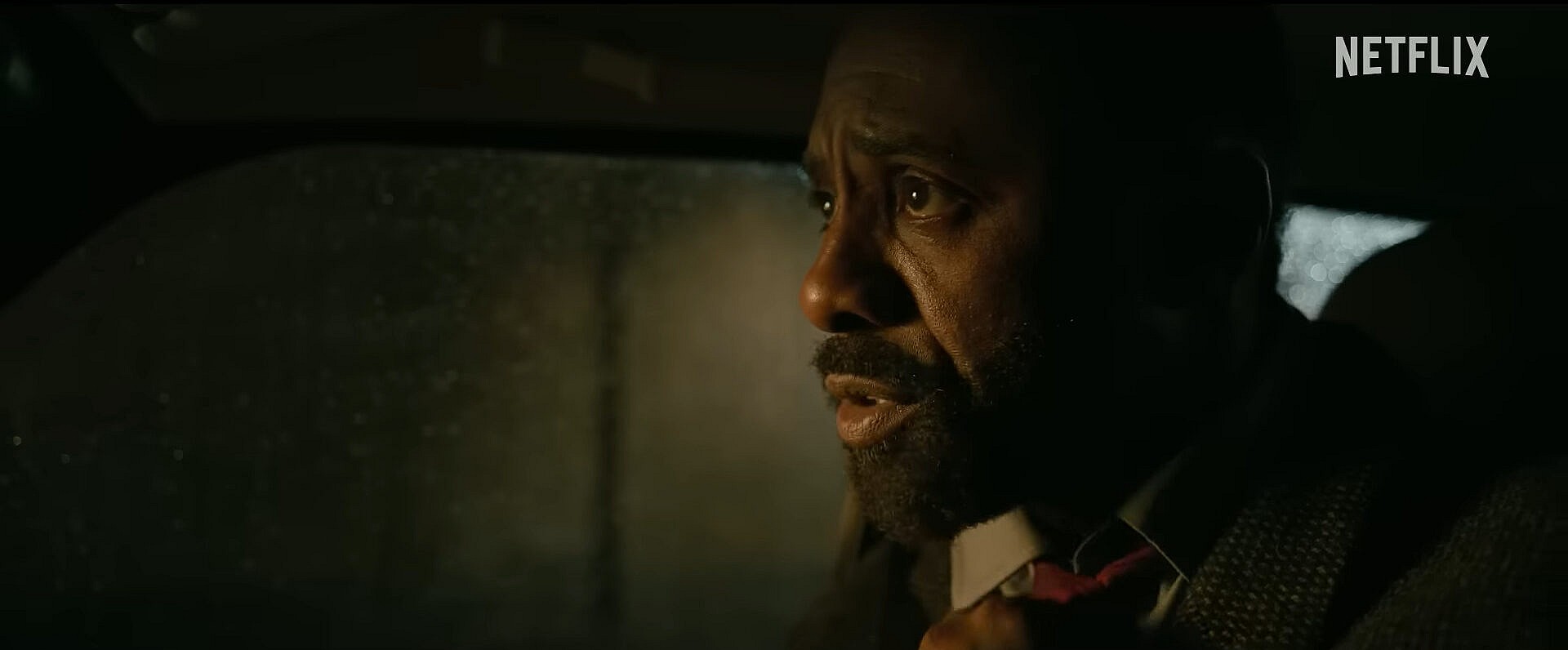
To that end, Elba then informed Bilmes, “I stopped describing myself as a Black actor when I realised it put me in a box.”
“We’ve got to grow,” he urged. “We’ve got to. Our skin is no more than that: it’s just skin. Rant over.”

Elba further rejected Hollywood’s penchant for identity politics by noting that rather than having his career heralded as inspiration for just Black individuals, he wanted it to stand as a testament to the potential for people who grew up in rough circumstances similar to himself.
“I accept that it is part of my journey to be aware that, in many cases, I might be the first to look like me to do a certain thing,” recognized the actor. “And that’s good, to leave as part of my legacy. So that other people, Black kids, but also white kids growing up in the circumstances I grew up in, are able to see there was a kid who came from Canning Town who ended up doing what I do. It can be done.”
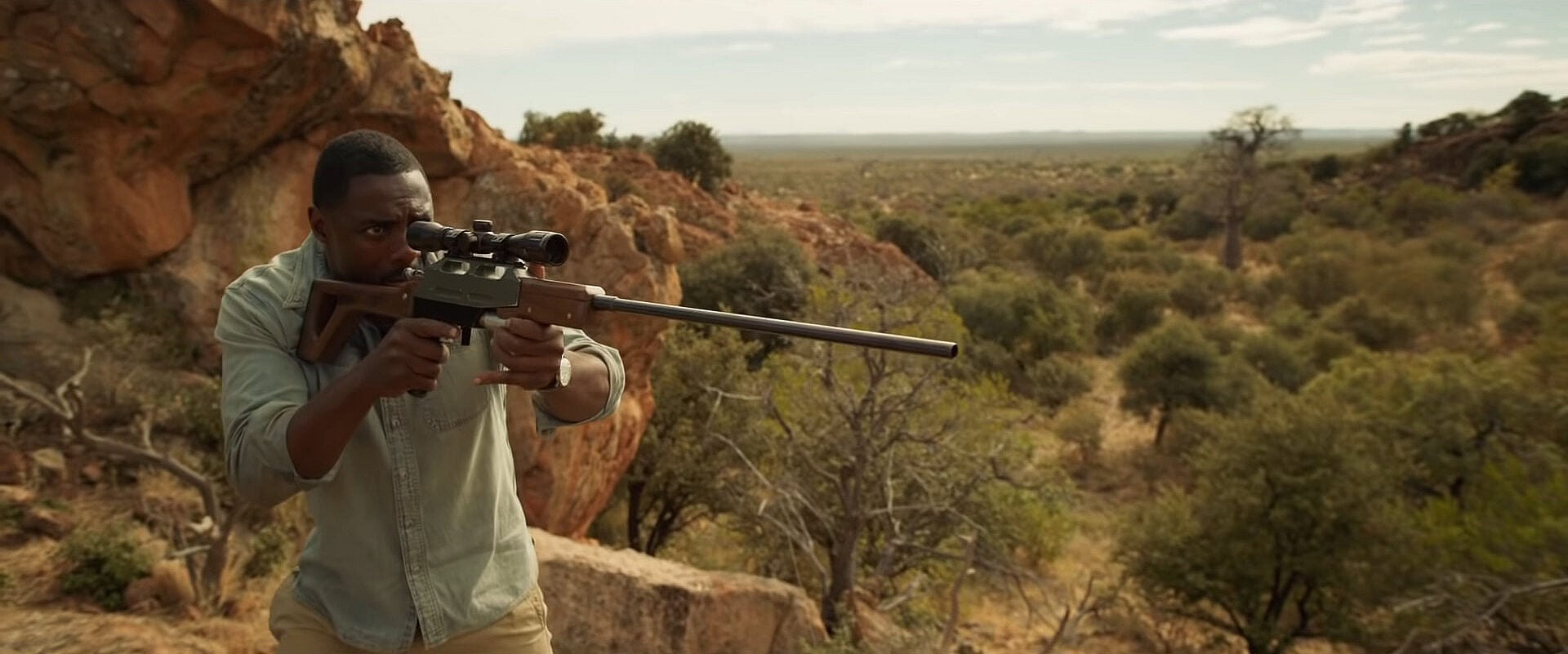
Wrapping up his thoughts on the topic, Elba then recalled, “I didn’t become an actor because I didn’t see Black people doing it and I wanted to change that. I did it because I thought that’s a great profession and I could do a good job at it.”
“As you get up the ladder, you get asked what it’s like to be the first Black to do this or that,” the actor explained. “Well, it’s the same as it would be if I were white. It’s the first time for me. I don’t want to be the first Black. I’m the first Idris.”

Luther: The Fallen Sun is currently set to premiere in select cinemas on February 24th followed by a wide Netflix release on March 10th.
